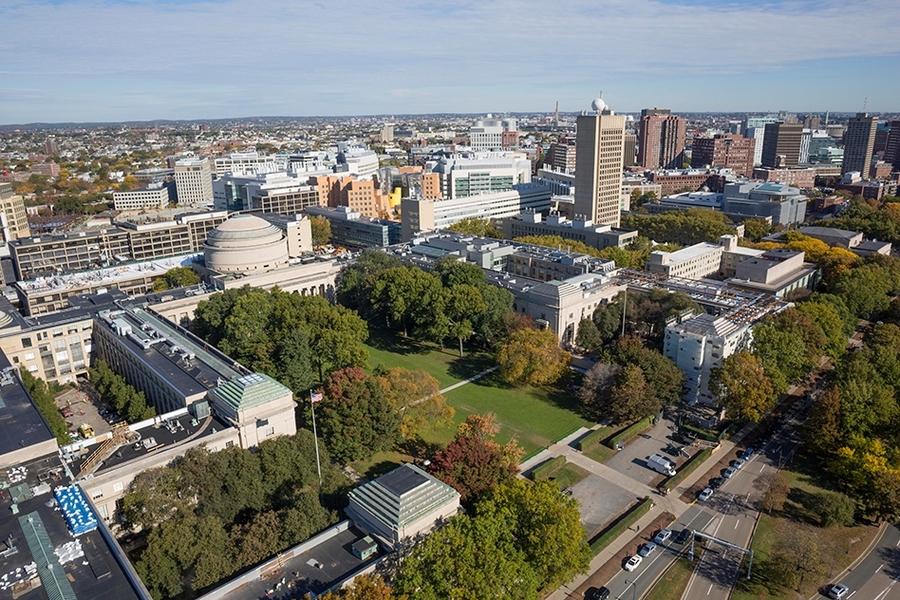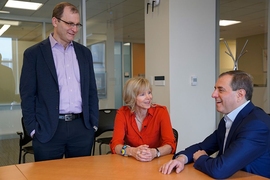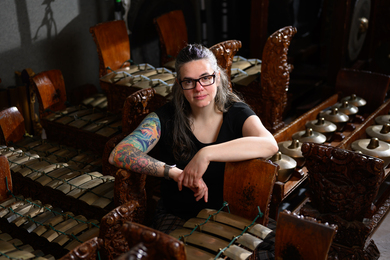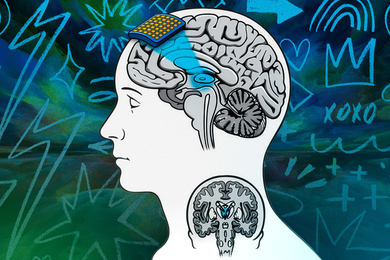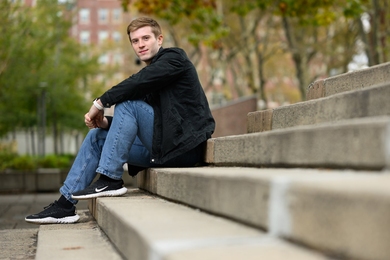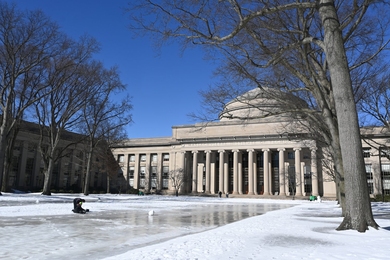Launched earlier this year, the MIT Task Force on the Work of the Future brings together a diverse team of MIT faculty and researchers from throughout the Institute, all seeking to understand the relationship between technology and work and how to best prepare workers for the future. To support its efforts, the task force has assembled two boards of experts (listed below). The advisory board includes leaders from industry, academia, labor, government, foundations, and other organizations, who will provide feedback and guidance to the task force. In addition, a research board of leading scholars in related fields will help to refine research-related questions and directions.
Leadership of the task force includes Elisabeth Reynolds, executive director of the MIT Industrial Performance Center (IPC) and lecturer in the Department of Urban Studies and Planning; David Autor, the Ford Professor of Economics and associate head of the MIT Department of Economics; and David Mindell, the Frances and David Dibner Professor of the History of Engineering and Manufacturing, and a professor of aeronautics and astronautics.
“Our advisory and research boards are invaluable resources for us, helping to ensure that our work is relevant, effective, and is informed by what is happening in the world today — in firms, in schools, in cities,” says Reynolds. “The perspectives and collaboration of our board members are critical to the success of the task force and this initiative as a whole.”
While several board members are leaders at companies such as Alphabet, Amazon, Ford Motor Company, IBM Corporation, PepsiCo, and Santander, others, including Jennifer Granholm, former governor of Michigan, bring experiences in policy and public service.
“The MIT Task Force on the Work of the Future seeks to provide some critical understanding at a critical time,” says Jennifer Granholm, former governor of Michigan. “The realities of technological disruption and the outsourcing of some manufacturing jobs to other countries indicate a fundamental change in the economies of many states — and of the U.S. as a whole. We need to look toward real solutions and long-term strategies toward economic stability.”
Some of the key research areas, or lenses through which the task force will look at the challenges and opportunities that artificial intelligence and robotics bring include: learning and skills, education and training institutions, how new technologies are being adopted in manufacturing and health care; the implications for mobility in cities of autonomous vehicles and ride sharing as well as comparative work in Germany, Scandinavia, China, and Africa. Task force members — as well as board members — bring expertise in a wide variety of fields, including engineering, economics, management, political science, and education innovation.
In terms of education, the task force is looking at the important question of how to ensure that the workforce has access to the training and skills needed keep up with new technologies. Some solutions may include trainings offered within companies or online, or hybrid programs of onsite and online training, including at programs at community and technical colleges.
Annette Parker, president of South Central College — a Minnesota State community and technical college with two campuses — has focused extensively on how to generate a skilled technical workforce, and has forged partnerships between community colleges and the automotive industry globally and manufacturers throughout Minnesota.
“The U.S. workforce must keep up with the innovation in science, technology, engineering, and math for both engineering and technician careers" says Parker. "There is a critical need for skilled, mid-level workers. Determining how to best prepare and continue to train these employees throughout industry is a major challenge and one that will benefit from the work of this task force.”
Advisory board member and MIT alumnus Jeff Wilke SM ’93, MBA ’93 is currently CEO of Amazon Worldwide Consumer.
“The future of the workforce is one of the most important issues facing the global economy,” says Wilke. “The research of the task force, combined with insights from corporations, governments, and educational institutions, will help evolve our understanding of how new technologies impact the workforce of the future, and how to best respond.”
The advisory board includes: Roger C. Altman, founder and senior chairman of Evercore; Ana Botin, executive chairman of the Santander Group; Charlie Braun, president of Custom Rubber Corp.; Eric Cantor, vice chairman of Moelis & Company; Volkmar Denner, chairman of the board of management at Robert Bosch GmbH; William Clay Ford Jr., executive chairman of Ford Motor Company; Jennifer Granholm, former governor of Michigan; Freeman A. Hrabowski III, president of the University of Maryland, Baltimore County; David H. Long, chairman and CEO of Liberty Mutual Insurance; Karen Mills, senior fellow at Harvard Business School; Indra Nooyi, chairman and CEO of PepsiCo; Annette Parker, president of South Central College; David Rolf, founder and president emeritus of SEIU 775; Ginni M. Rometty, chairman and CEO of IBM Corporation; Juan Salgado, chancellor of City Colleges of Chicago; Eric E. Schmidt, technical advisor and member of the board of Alphabet, Inc.; David M. Siegel, co-chairman of Two Sigma; Elizabeth Shuler, secretary-treasurer of the AFL-CIO; Robert Solow, professor emeritus of economics at MIT; Darren Walker, president of the Ford Foundation; Jeff Wilke, CEO of Amazon Worldwide Consumer; and Marjorie Yang, chairman of Esquel Group.
The research board includes: William Bonvillian, MIT lecturer; Rodney Brooks, founder, chairman, and CTO of Rethink Robotics; Josh Cohen, professor of law at Stanford University; Virginia Dignum, professor of social and ethical artificial intelligence at Umeå University; Susan Helper, professor at Case Western Reserve University; Susan Houseman, vice president and director of research at the W.E. Upjohn Institute; John Irons, director of the future of work at the Ford Foundation; Martin Krzywdzinski, principal investigator at the WZB Berlin Social Science Center; Frank Levy, Rose Professor Emeritus at MIT; Fei-Fei Li, professor of computer science at Stanford University; Nichola J. Lowe, associate professor of city and regional planning at the University of North Carolina at Chapel Hill; Joel Mokyr, professor of economics and history at Northwestern University; Michael Piore, professor emeritus of political economy at MIT; and Gill Pratt, executive technical advisor and CEO of Toyota.
